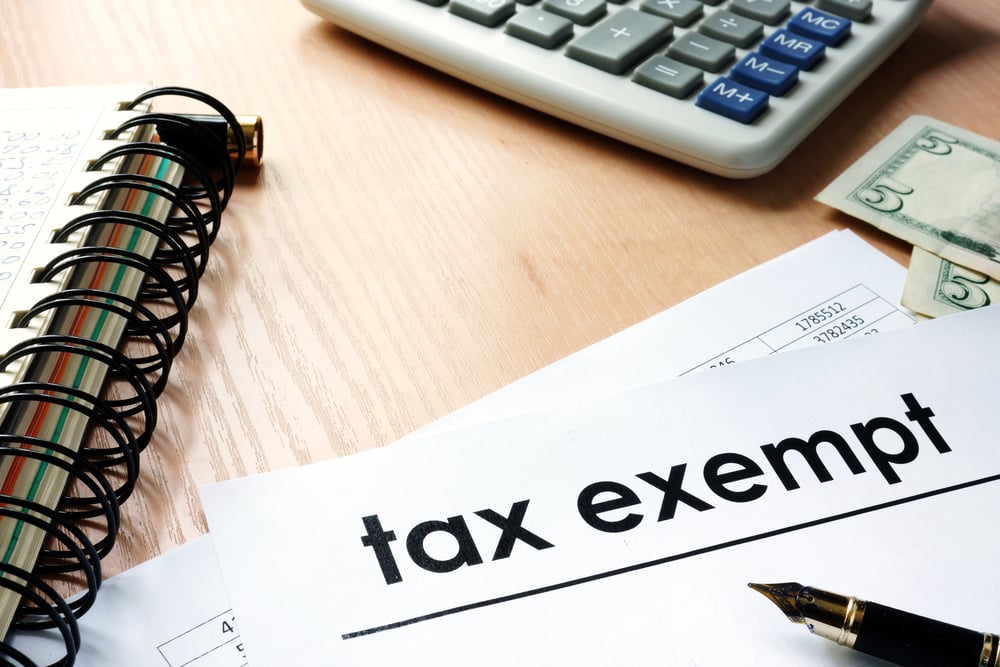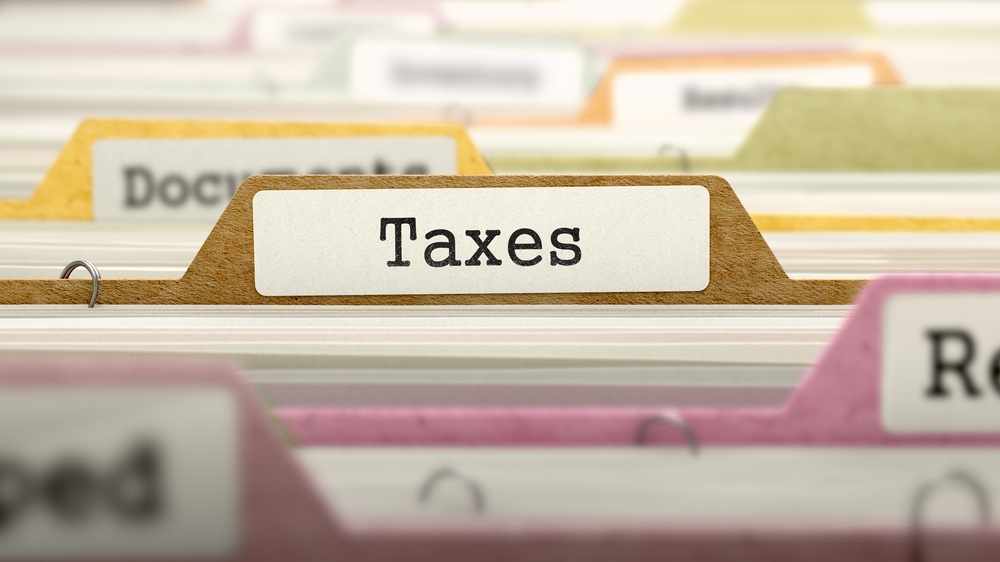As an employer, you are required to follow precise state and federal laws when paying your employees. Along with paying them what they have earned, you also must withhold amounts from their paychecks whenever your employees are garnished. You can comply with a garnishment order fully by understanding what it is and under what circumstances the state or federal government requires you to withhold money from your employees' earnings.
Read More >An Employer's Guide to IRS Wage Garnishment
12 Ways to Resolve Unfiled Payroll Taxes
Owing back payroll taxes puts you and your business in jeopardy from the IRS. Rather than avoid paying what you owe, you can deal with this obligation effectively and in a timely manner by using any of the 12 ways to resolve unfiled payroll taxes.
Read More >Avoiding Trust Fund Taxes? 4 Tips to Get it Sorted with the IRS
Like individual taxpayers, business owners must also file and pay taxes to the IRS. Along with paying taxes on the money that their companies make each year, they also must withhold numerous forms of taxes from their employees' paychecks.
Read More >Just like private citizens, business owners must file and pay their federal taxes each year. When these individuals realize that they may not be able to file on time, they have the option of requesting a tax extension from the IRS.
Estimated Tax Payments: Meet the September Deadline
People who work as employees typically do not have to worry about withholding and paying taxes on a quarterly basis. Their employers take out taxes and send the money to the IRS for them.
The Difference Between Tax Evasion and Avoidance
The IRS expects business owners like you to file and pay your taxes each year. To help you avoid overpaying what you rightfully should owe, the IRS allows you to use loopholes to lower your tax burden.
Read More >Understanding How to File and Correct the 941 Employment Tax Form
Small business owners have the unique obligation to report and pay their taxes quarterly. While the IRS wants this process to be relatively straightforward and simple, you still may be confused about what is actually expected of you at the end of every quarter. You can learn how to file the 941 employment tax form and avoid expensive fines and penalties by keeping these tips in mind.
Read More >5 Requirements to Know before Hiring Employees for Your Business
Which Tax Exempt Forms Should Your Houston Business Accept?

Texas allows many businesses and organizations in the state to enjoy tax exempt status. These entities include churches, schools, charities and other groups that serve the public. Your business is required to recognize the tax exempt status of these organizations and accept their applicable tax forms. As you operate your business in this state, you should recognize and welcome these five common forms used for tax exemption.
7 Audit Red Flags for Your Small Business

Just as you take care when you file your personal income taxes, you should take the same precaution when filing taxes for your small business. In fact, the IRS pays small business returns the same amount of attention to make sure business owners receive the proper credits and refunds to which they are entitled.
SUBSCRIBE VIA EMAIL
POSTS BY TOPIC
- Tax Tips and Help (285)
- IRS Collections (121)
- IRS Audit (72)
- Tax Credits and Deductions (70)
- Tax Resolution (62)
- Business Taxes (54)
- Back Taxes (48)
- Wage Garnishment (21)
- Tax Levies (19)
- IRS Payment Plans (15)
- Tax Liens (14)
- Offer in Compromise (9)
- Unfiled Tax Returns (9)
- IRS Tax Attorneys (7)
- Asset Seizure (6)
- Tax Evasion (6)
- Criminal Tax Defense (4)
- Innocent Spouse Relief (4)
- Alimony (1)









